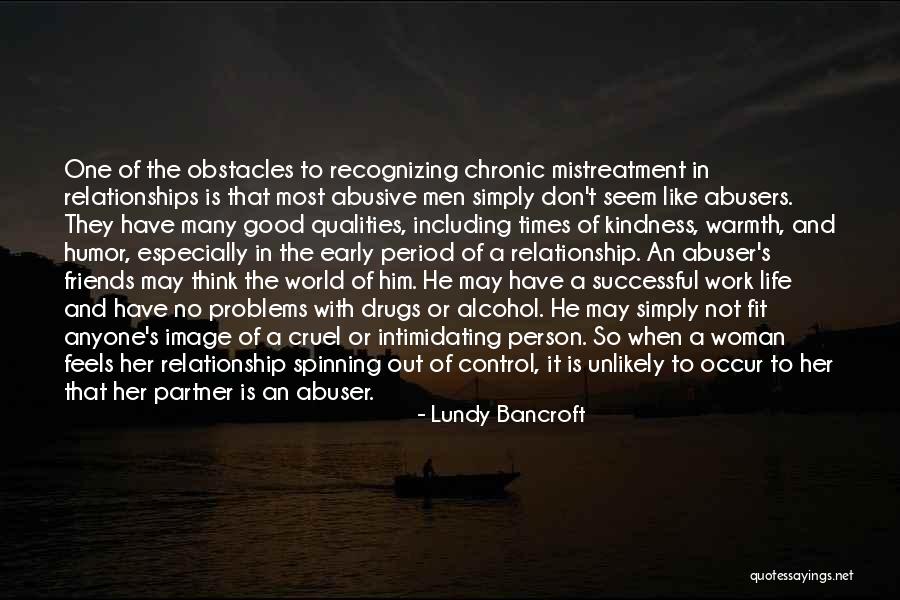

When the work was published in 1991, it received mixed reviews. Brodkey received advances for it from at least five publishers, refinancing it much as some people do their homes with mortgages. Best known for his novel "The Runaway Soul," which he worked on for some 32 years, Mr. "It's dangerous to be as good a writer as I am," he said in a 1988 interview in New York magazine. Brodkey was in many ways a product of the literary culture of the 1980's, when authors obtained huge advances and reputation seemed to rest as much upon celebrity as on the author's work. Brodkey's discussion of his illness in the press was "a matter of manipulative hucksterism, of mendacious self-propaganda and cruel assertion of artistic privilege, whereby death is made a matter of public relations."

In an essay in The New Republic, the poet Richard Howard wrote that Mr. His announcement drew criticism because it implied that the AIDS virus had remained dormant far longer than medical experts think is possible. Brodkey announced in the pages of The New Yorker, in an article titled "To My Readers," that he had AIDS as a result of homosexual relationships, which he said "took place largely in the 1960's." Brodkey's short stories an "endless kvetch." Brodkey was a 1988 review in Kirkus Reviews, which called Mr. The critic Harold Bloom called him "an American Proust" and said he was "unparalleled in American prose fiction since the death of William Faulkner." But a mark of the division of opinion about Mr. Brodkey, a writer of lush, lyric and serpentine prose, was a charismatic and stormy figure in literary circles. The cause was AIDS, said his wife, Ellen Schwamm. Harold Brodkey, a novelist, short-story writer and essayist known almost as much for his failure to publish as for the books he eventually did publish, died yesterday at his home in Manhattan.


 0 kommentar(er)
0 kommentar(er)
